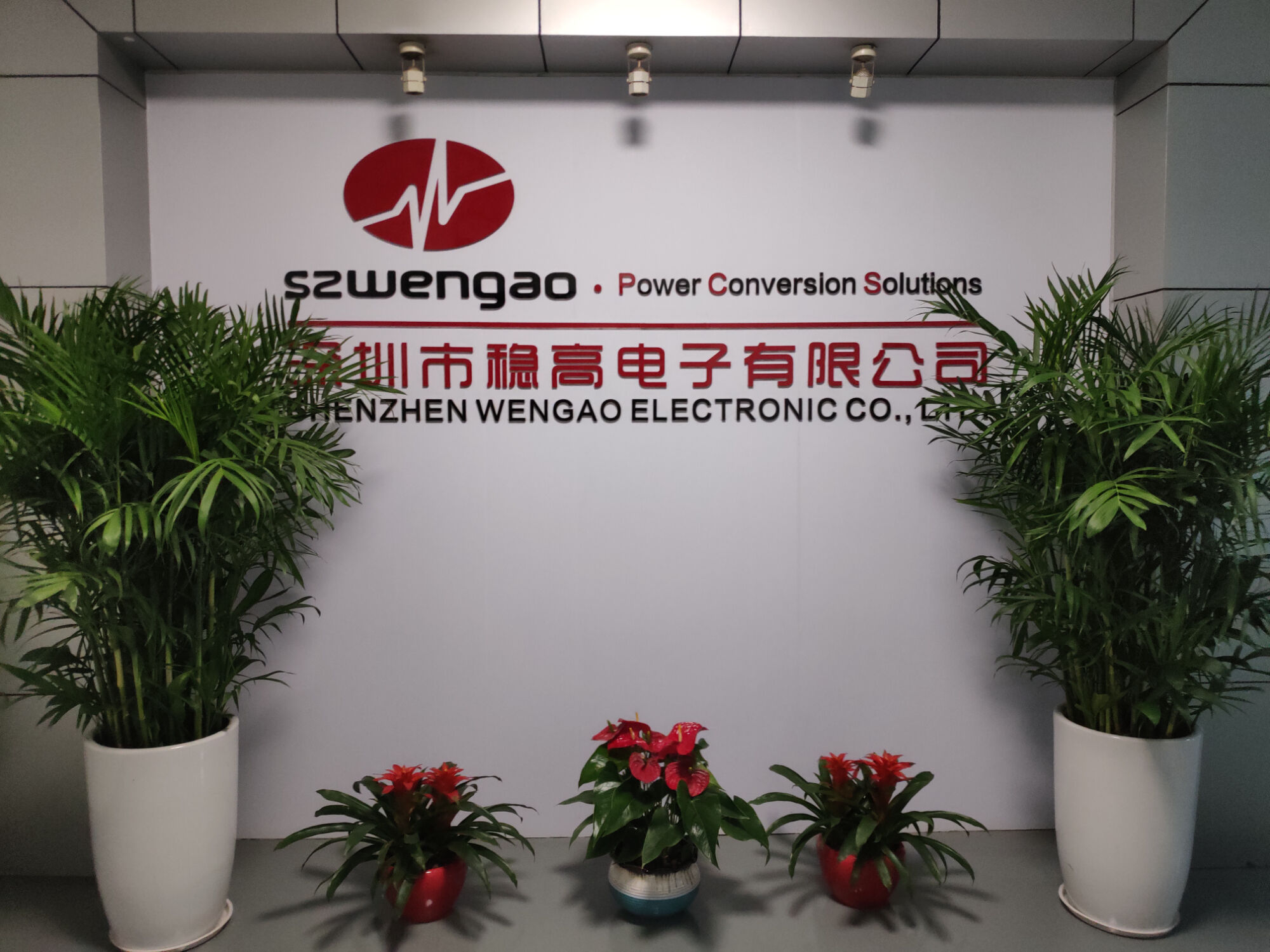Explore DC Chargers: Powering the Future of Electric Vehicles
DC chargers, also known as direct current (DC) fast chargers, are essential to the electric vehicles’ (EVs’) infrastructure worldwide.
An Overview of DC Chargers
Unlike AC chargers, DC chargers convert AC power from the grid to a form that can directly charge EV batteries. These are important in fast charging stations situated along highways, within metropolitan areas and at points where there is need for rapid refueling.
Types of DC Chargers
CHAdeMO Chargers: Developed by Japanese automakers, CHAdeMO chargers are common in Asia and Europe. They deliver high-power direct-current electricity into EV batteries thereby supporting quick charging times.
CCS Chargers (Combined Charging System): CCS chargers find extensive application in North America and Europe where they incorporate both AC and DC charging in one connector; therefore suited for both home or low-power station AC charging as well as high-power station DC fast charging.
Tesla Superchargers: The unique Tesla Supercharges use their own network infrastructure and proprietary connectors to supply high-speed direct current electricity that allows Tesla owners to quickly charge their cars when travelling long distances.
Features and Benefits
Fast Charging: Faster than AC charging methods, they make it possible for owners who require a quick turnaround time while on transit.
High Power Output: Depending on charger type and EV model, these can range from 50 kW to 350 kW thus ensuring efficient and effective charging process.
Compatibility & Standardization: Efforts to standardize connectors and protocols like ISO 15118 seek to improve interoperability between different EV models/charger types so as make it convenient for users of electric vehicles.
Infrastructure Expansion: Worldwide expansion of a global network of fast DC charging stations is being carried out by governments, car manufacturers and private organizations to promote EV adoption and support sustainable transportation goals.
Challenges and Considerations
Cost and Installation: For the purpose of infrastructure requirements and power delivery capabilities, installation of DC chargers calls for significant upfront costs. Nevertheless, technological advancements together with economies of scale are reducing these barriers over time.
Grid Integration: Expansion of DC fast-charging infrastructure requires careful planning so as to ensure grid stability while meeting the increased power demands that come with high-power chargers.
In conclusion, DC chargers are fundamental to the future electric vehicles by offering effective and fast charging options for EV users globally. As technology grows in this area, however, faster charging times should be expected from DC chargers hence they will have a greater role to play towards a more sustainable transport system which is not fossil-fuel dependent across the world. The changeover to DC charging is one step closer towards cleaner and more efficient transportation for future generations.
Recommended Products
Hot News
-
Application Advantages of Non-Isolated BUCK Converters Compared to Isolated Step-Down Converters
2024-01-23
-
DC-DC Converters Showcase Remarkable Advantages in Outdoor Off-Grid Applications
2024-01-23
-
DC to DC Battery Charger - Wide input and Noise immunity for dual battery system applications
2024-01-19

 EN
EN
 AR
AR
 BG
BG
 HR
HR
 CS
CS
 DA
DA
 NL
NL
 FI
FI
 FR
FR
 DE
DE
 EL
EL
 HI
HI
 IT
IT
 JA
JA
 KO
KO
 NO
NO
 PL
PL
 PT
PT
 RO
RO
 RU
RU
 ES
ES
 SV
SV
 CA
CA
 TL
TL
 IW
IW
 ID
ID
 SR
SR
 SK
SK
 UK
UK
 VI
VI
 HU
HU
 TH
TH
 TR
TR
 FA
FA
 AF
AF
 MS
MS
 GA
GA
 HY
HY
 BN
BN
 MN
MN





